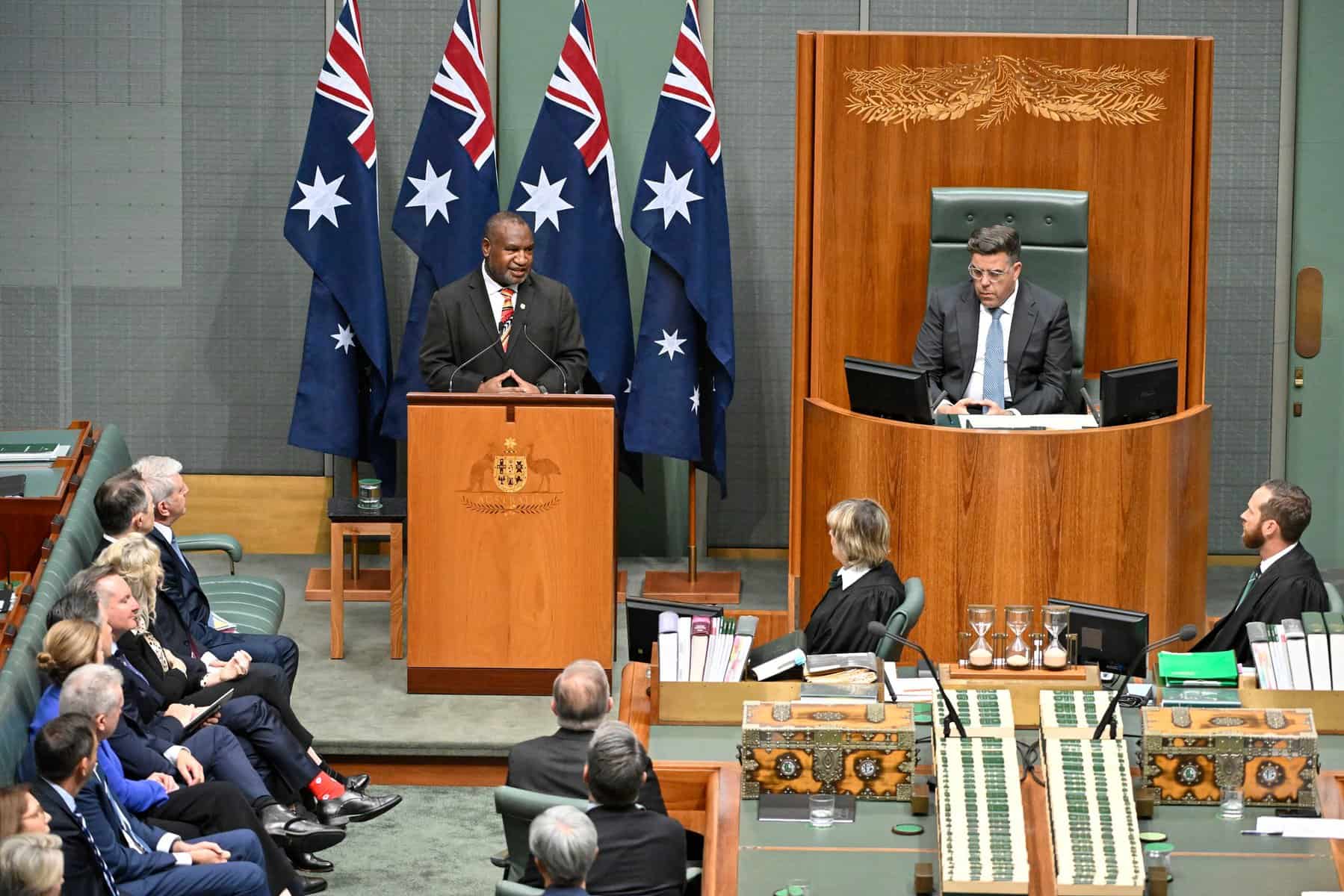Buried beneath the big-ticket items in the Australian Government’s latest budget statement, a relatively small outlay to Papua New Guinea (PNG) barely rates a mention. But, while the commentariat hones in on Stage Three Tax Cuts, domestic violence measures and housing funding, Canberra’s efforts to woo its northern neighbour are worth closer scrutiny. In fact, we might ask, what is actually going on here?
Under the header “International Assistance”, the 2024-25 Budget Papers reveal that AU$600m has been loaned out “to address . . .
Please Subscribe to view full content...
